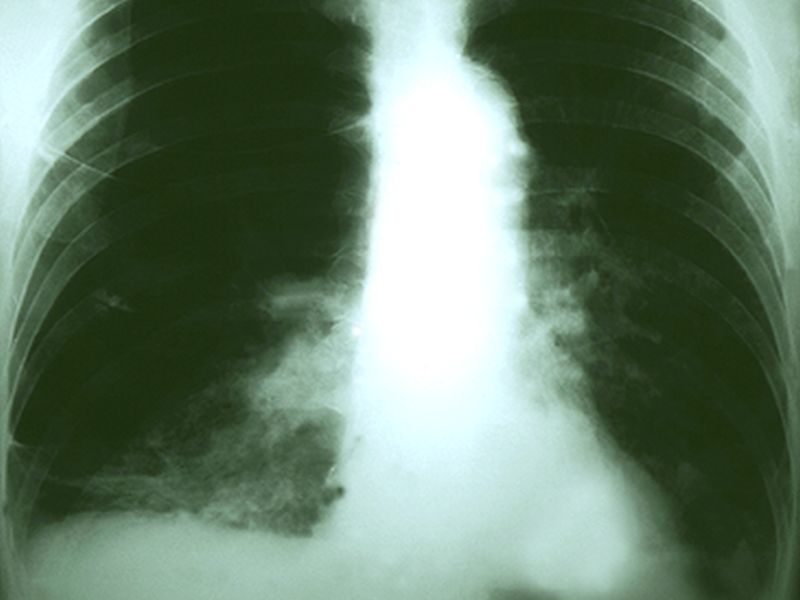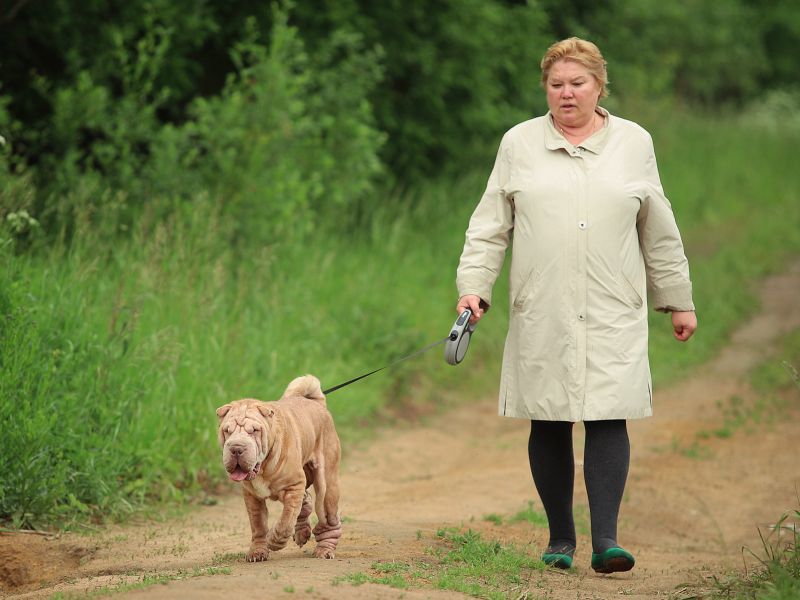
Brexit has thrown the United Kingdom into political and economic uncertainty, but it might have actually triggered a psychotic break in one man, a new report suggests. The 2016 Brexit referendum started the process of the U.K. leaving the European Union. Three weeks after the referendum, a middle-aged man was taken by paramedics to the… read on >






























